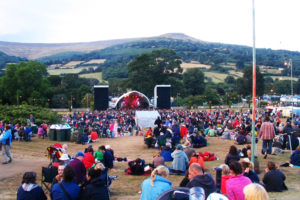Call us: 020 7183 5129



 Becoming a live music event organiser is a rewarding career choice for those with a passion for music and event management. By gaining the right education, building hands-on experience, and networking within the industry, you can develop the skills needed to thrive in this dynamic field.
At Event Academy, we offer specialised courses to help you become a successful live music event organiser. Our programmes provide practical experience, industry insights, and certification to set you up for success. Start your journey today and turn your passion for music into a thriving career!
Becoming a live music event organiser is a rewarding career choice for those with a passion for music and event management. By gaining the right education, building hands-on experience, and networking within the industry, you can develop the skills needed to thrive in this dynamic field.
At Event Academy, we offer specialised courses to help you become a successful live music event organiser. Our programmes provide practical experience, industry insights, and certification to set you up for success. Start your journey today and turn your passion for music into a thriving career!